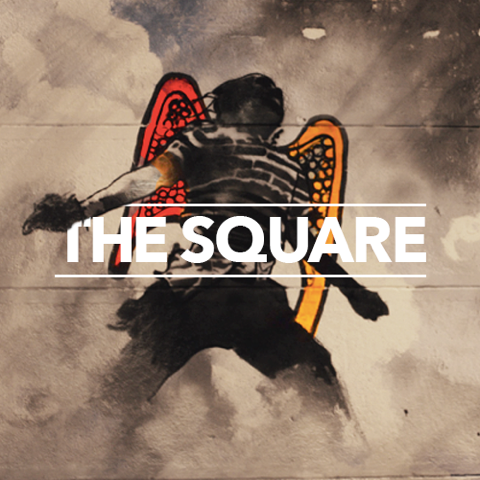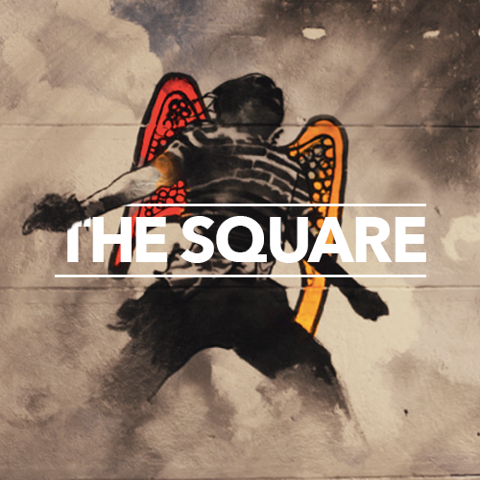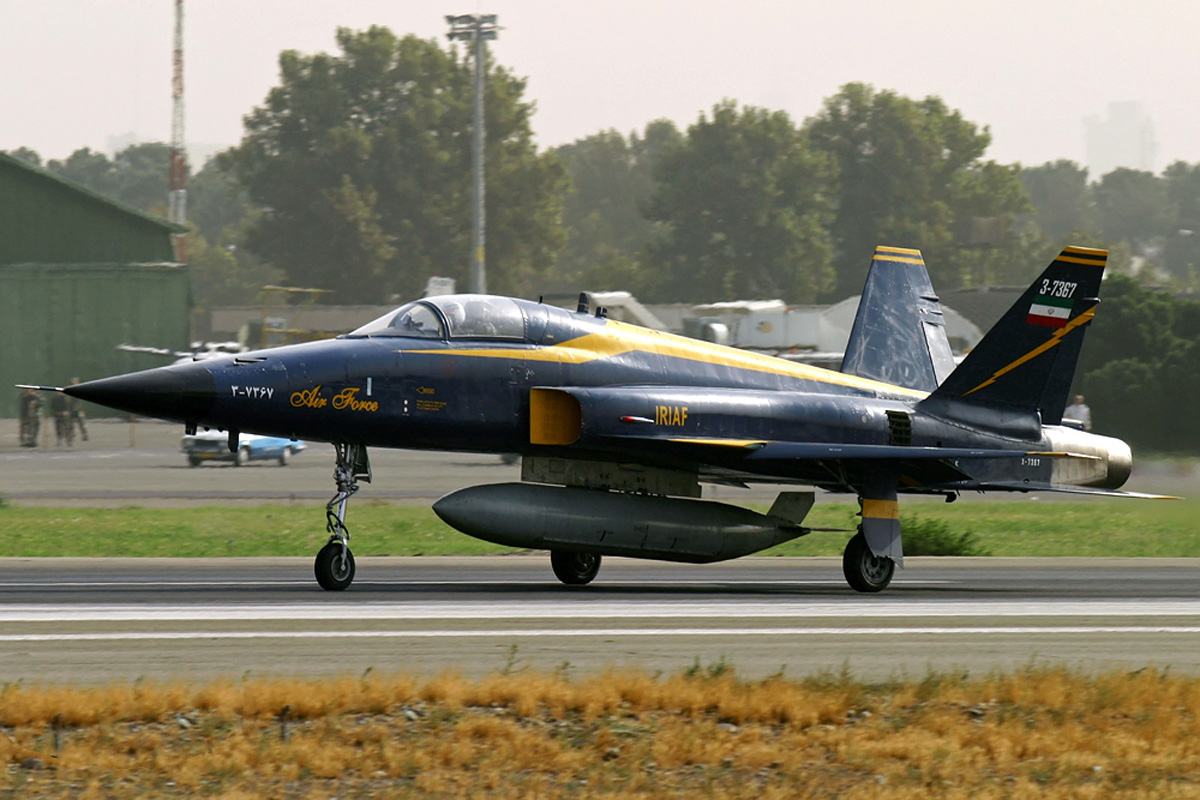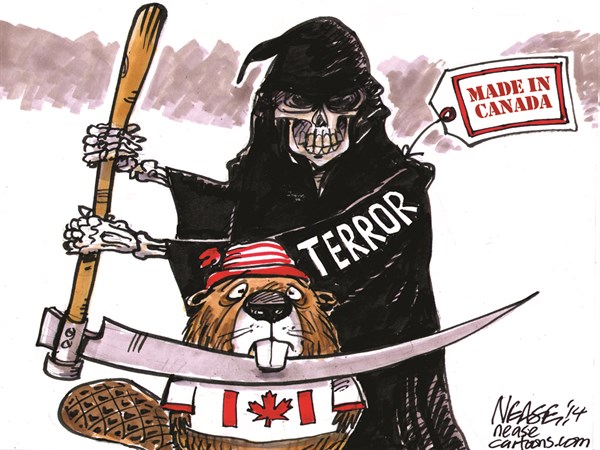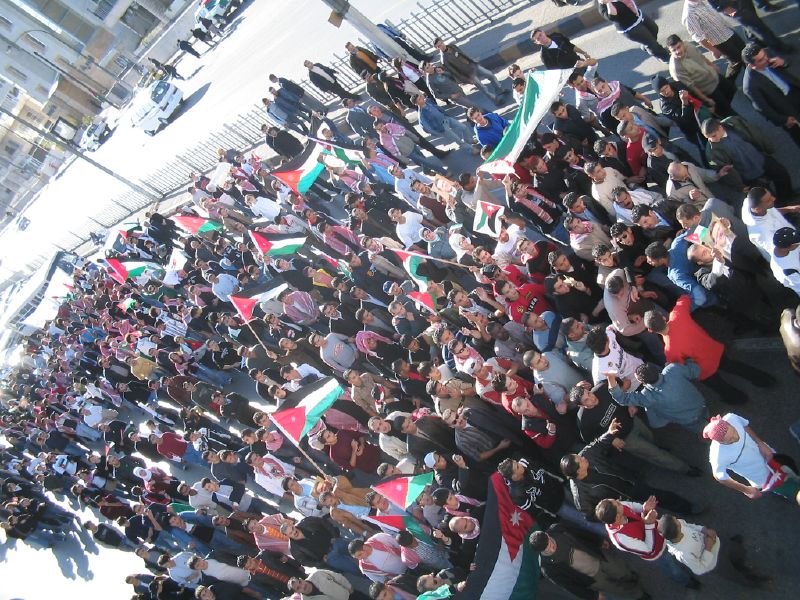Jehane Noujaim and Karim Amer’s “The Square” has recently been the target of media buzz that yielded both praise and criticism. It certainly got the attention of the Academy, and became the first Egyptian film to be nominated. Noujaim, the director, has also become the first Egyptian to win a Director’s Guild Award. Despite various media reports claiming “The Square” was banned from screening in Egypt, the official statement on the documentary’s Facebook page stated that the filmmakers are undergoing legal processes to get an official permit from the Egyptian Censorship Board. It has not been officially banned or permitted.
“The Square” follows the lives of a diverse group of protesters who met in Tahrir Square during the January 2011 uprising. Using the camera as a “weapon,” the film documents events as they happened in Tahrir from January 2011 until the summer of 2013, highlighting Egypt’s political turbulence, which included Mubarak’s ouster, a mismanaged military-led transition, polarization, and the ouster of the Muslim Brotherhood’s Mohamed Morsi from the presidency.
The main character being followed is Ahmed Hassan, a young, liberal revolutionary with a humble background. As he narrates the documentary, he says that he sold vegetables in the streets of Cairo to pay for his fifth grade tuition. After he completed high school and two years of journalism school, he did not find an employment opportunity and took every bizarre job possible to support himself. Ahmed’s problems are truly representative of Egypt’s economically struggling youth, as he emphasizes that there is “no hope for a better future in this country.” It is young men and women like Ahmed who started the revolutionary movement in 2011, since “Egypt was living without dignity.”
Other protesters being focused on include Khalid Abdalla, a British-Egyptian actor turned revolutionary activist, known for his role in “The Kite Runner,” and Magdy Ashour, a member of the Muslim Brotherhood. Magdy met Ahmed and Khalid in Tahrir Square and they became friends, despite their different political affiliations. As events unfold, Magdy finds himself conflicted between his allegiance to the Brotherhood and his ideals as a revolutionary, once he learns that Brotherhood members attacked anti-Morsi protesters in January 2013, as many of them were his counterparts in the 2011 uprising. Ramy Essam, a young revolutionary known as the “singer of the revolution”, Aida El Kashef, a filmmaker, and Ragia Omran, a human rights lawyer, are also followed during the course of events. Ramy’s torture by security forces in the Egyptian museum is highlighted, as well as Ragia’s experience at the hospital after the “Maspero Massacre” in October 2011, which killed at least 25 people.
“The Square” has definitely ignited debate among academics, film critics, and Egyptians themselves. Eric Trager of the Washington Institute for Near East Policy claimed that Tahrir’s activists were incoherent and thus responsible for the mess that followed. Because they do not have a “clear ideology, let alone a policy platform,” they could not ensure that their demands are being met at the top. Trager goes on to say that young activists such as Ahmed, Khalid, and Ramy are simply “too principled for politics,” which is a characteristic, possibly a weakness, that they recognize themselves during the film. Max Fisher’s criticism in the Washington Post also dives into the politics of the film, arguing that it conveys a “harsh portrayal of the Brotherhood” and a “one-sided narrative,” even though Magdy proved to be one of the most interesting characters in the film. In addition, the makers of “The Square” recognize the hardships of the pro-Morsi protesters after security forces cleared their sit-in following Morsi’s ouster in June 2013.
These critiques seem to ignore the bigger picture that this documentary is attempting to convey, since it is looking at the revolution beyond the politics and media headlines. It gives its audience an inside look at the humanity behind a rebellion, which includes a unifying bond that took place as people from various backgrounds protested together to achieve “bread, freedom, and social justice.” Noujaim herself stated that the documentary was not meant to analyze post-revolution political process, but to capture the struggles of young revolutionaries, their personal relationships with one another, and their attachment to Tahrir Square.
Being recognized by the Academy and picked up by Netflix makes “The Square” reach a larger, more diverse audience, as it gives attention to events that were not adequately covered by international media, such as the Maspero Massacre, the intensified demonstrations against Morsi prior to June 2013, and the revolutionaries’ feeling of betrayal by the Brotherhood when their aspirations were ignored. Along with the Palestinian movie “Omar” and Yemen’s “Karama Has No Walls,” which were also nominated for awards, “The Square,” helps connect Egypt and the Arab world to the arts a global level. This is vital for the creation of mutual understanding between two sets of people that are constantly reminded of their differences rather than their similarities. With most movies on the Middle East only covering terrorism, 9/11, and the Iraq war, it is refreshing to see a non-American film focusing on the Middle East from a domestic, humanitarian perspective rather than through the lens of American foreign policy.
Overall, any ambitious, young individual struggling socio-economically, can relate to the activists of Tahrir. The message “The Square” is attempting to convey is one that encourages documenting injustice and fighting for freedom. It acknowledges the activists’ successes and failures, highlights their emotions, and emphasizes the human aspect of an uprising, as a “culture of protest” has cemented itself in the Middle East and North Africa region. As summed up by Ahmed at the end of the film, the disenfranchised youth, who make up the majority of the Arab world, are not looking for a leader, but a “conscience.”

